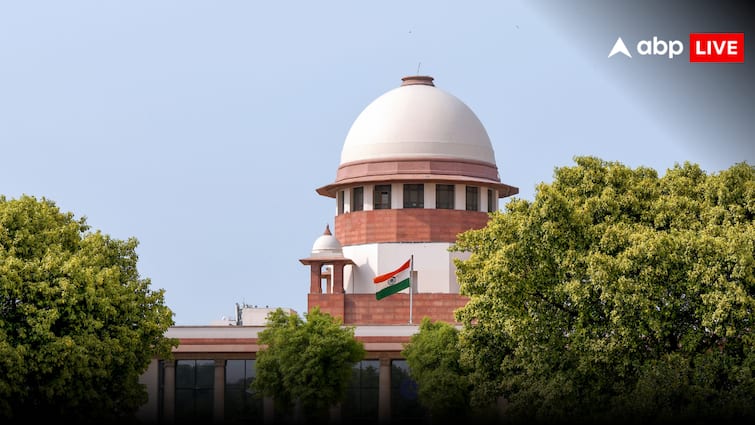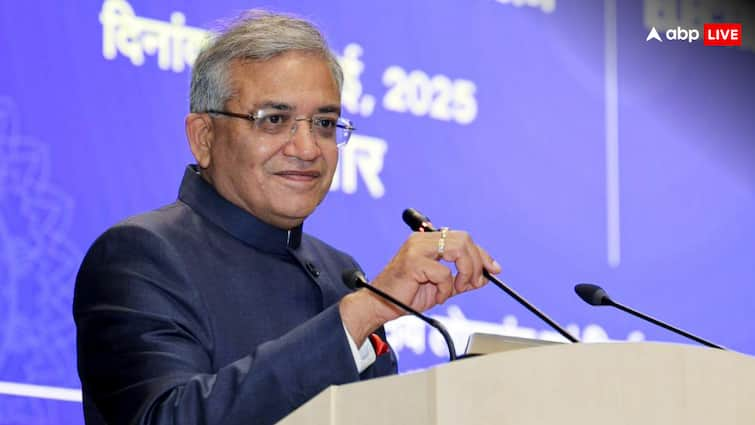- February 1, 2023
SC Sets Aside 10-yr Sentence to Man Accused in ‘Rape’ of Woman Who Claimed He Made False Promise to Marry Her

Last Updated: February 01, 2023, 04:51 IST
The SC said the prosecutrix, who was a married woman with three children, could not be said to have acted under an alleged false promise or under a misconception while consenting to a sexual relationship with the accused. (Representational image: Reuters/File)
The SC in this case set aside a sentence of 10 years awarded to a man and noted that there is a difference between making a false promise and committing breach of promise
The Supreme Court on Monday held that it will be a folly to treat each breach of promise to marry as a false one, and then prosecute a person for the offence under Section 376 of the Indian Penal Code. Each case will depend upon proven facts, the court said.
A division bench of the Supreme Court made these observations while setting aside a sentence of 10 years awarded to one Naim Ahamed. In the case, the prosecutrix was a married woman with three children, who developed a liking for the accused staying as a tenant in front of her house. Both began a sexual relationship and the woman gave birth to a baby fathered by the accused.
The woman went to the native place of the accused in 2012 and found out that he was married with children as well, but she continued to live with him in separate premises. The woman and her husband got a divorce by mutual consent in 2014 and, thereafter, left her three children with him.
Later, she lodged a complaint alleging that she had consented for a sexual relationship with the accused as he had promised to marry her but did not. The SC noted that there is a difference between making a false promise and committing breach of promise.
“In case of false promise, the accused, right from the beginning, would not have any intention to marry the prosecutrix and would have cheated or deceived the woman by making a false promise to marry her only with a view to satisfy his lust, whereas in case of breach of promise, one cannot deny a possibility that the accused might have given a promise with all seriousness to marry her, and subsequently might have encountered certain circumstances… beyond his control, which prevented him from fulfilling his promise,” noted a bench of Justices Ajay Rastogi and Bela M Trivedi.
The court further said the prosecutrix, who was a married woman with three children, could not be said to have acted under an alleged false promise or under a misconception while consenting to a sexual relationship.
“Undisputedly, she continued to have such a relationship with him at least for about five years till she lodged a complaint in 2015. Even if the allegations made by her in her deposition before the court are taken on their face value, then, too, to construe such allegations as ‘rape’ by the appellant would be stretching the case too far. The prosecutrix, being a married woman and mother of three, was mature and intelligent enough to understand the significance and consequences of moral or immoral quality of act she was consenting to,” the bench held in conclusion.
Read all the Latest India News here








